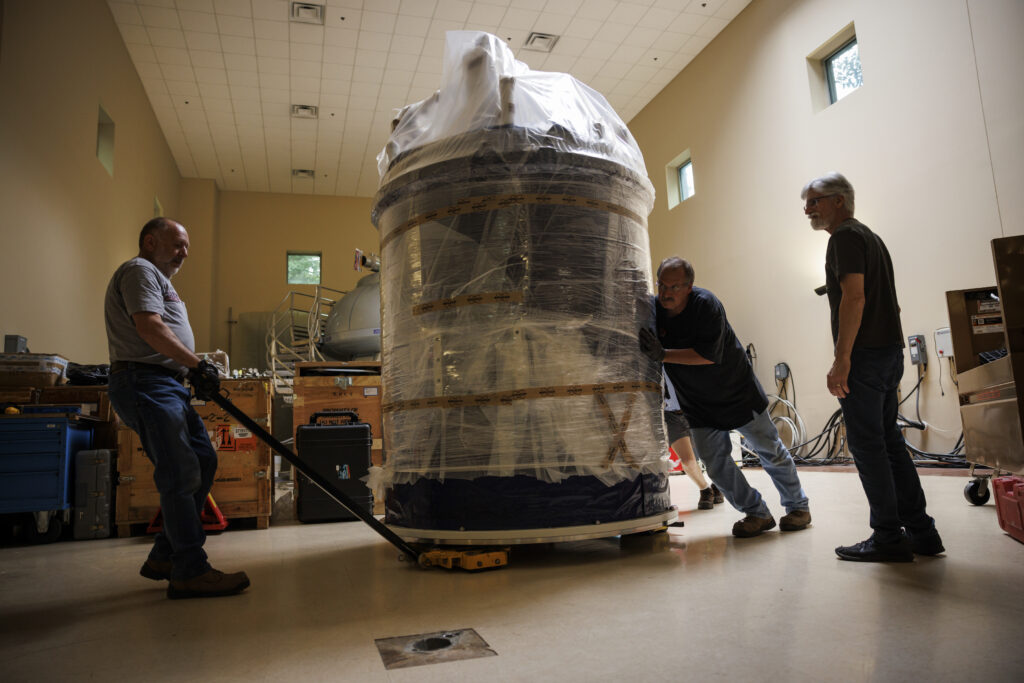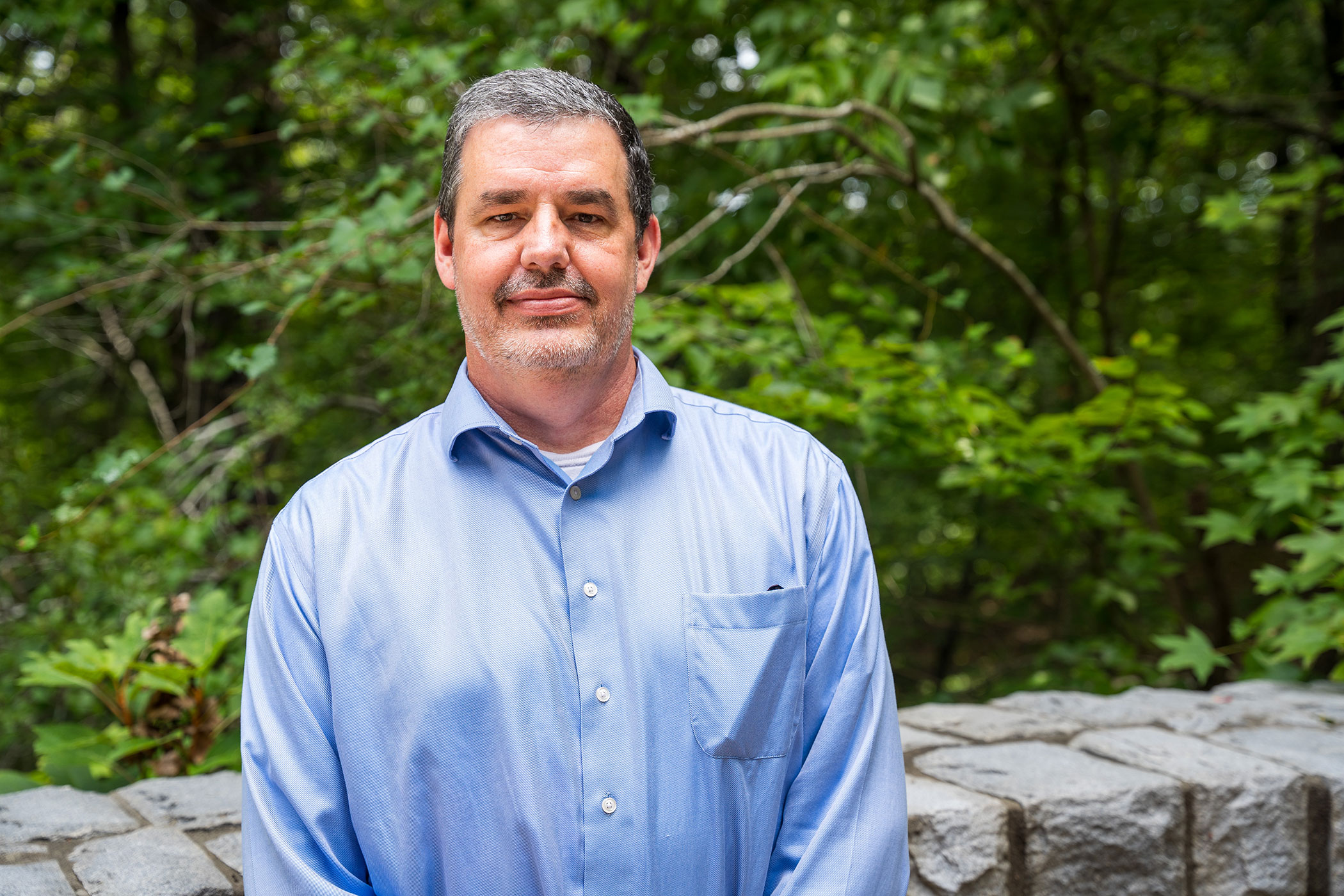The University of Georgia has received a six-year, $18 million award from the National Science Foundation’s BioFoundries program to launch the BioFoundry: Glycoscience Resources, Education And Training (BioFoundry: GREAT).
The program is an ambitious effort to increase awareness, interest, knowledge and participation in carbohydrate science from K-12 curricula to the most advanced research and development institutions on Earth.
“Glycans are one of the four major biomolecules of life, along with nucleic acids, proteins and lipids,” said principal investigator Lance Wells, Distinguished Research Professor and Georgia Research Alliance Distinguished Investigator at UGA’s Complex Carbohydrate Research Center. The CCRC is one of the world’s leading research organizations in its field.
“But they are undertaught in the classroom and understudied at the bench. The big concept of the BioFoundry is to take the glycobiology research, education and knowledge that is held in very few places in the world — one of them being at UGA — and democratize it to move the whole field forward.”
Grant is latest in many research awards for UGA’s CCRC
Over its nearly 40-year history, CCRC faculty have garnered many millions of dollars in research funding, not to mention a catalog of scholarly publications and prestigious awards.
This latest grant will focus on three activities to spread the gospel of glycoscience: resources, education and training, all to be made available to collaborators and clients through a dedicated user facility that will be based at CCRC.
Glycans are a basic building block of life. The surfaces of all biological cells have a complex and diverse coating of glycans that greatly influence interaction and communication with other cells.
New facility to offer services, tools, training in carbohydrate science
The applications of glycobiology go far beyond the medical life sciences. Multiple CCRC researchers study the role of carbohydrates in the production of biofuels and have leadership roles in organizations like the Center for Bioenergy Innovation at Oak Ridge National Laboratory. Others study how glycans are involved in the production of plant-based new materials.
Researchers working in these areas and more will be welcomed at the BioFoundry user facility, which is intended to be a full-service operation.
The user facility will offer services, tools and hands-on training in glycoscience — virtually free of charge, provided clients’ goals align with the project’s mission — but the emphasis will be giving clients the training and tools to do the work themselves.
One of the things we’re doing … is actually bringing people in longer term and allowing them to do their project here with our cutting-edge instrumentation.” —Lance Wells, Complex Carbohydrate Research Center
Not only does the NSF award allow potential clients to have their analytic work done at a greatly reduced price or even for free, it even provides funding to bring clients to Athens for short training residences.

“We’ve been doing training at CCRC for a long time, but the reality is we have a lot of really high-end instrumentation,” Wells said. “If you’re not from a big research school, you come here, you get trained and then you go back to your university, but you don’t have high-end mass spectrometers and NMR (nuclear magnetic resonance) machines.
“One of the things we’re doing with the training aspect is actually bringing people in longer term and allowing them to do their project here with our cutting-edge instrumentation.”
To learn more about the CCRC and the future applications of its new grant, visit the Office of Research website.
BioFoundry: GREAT is supported under NSF Grant No. 2400220. Any opinions, findings and conclusions or recommendations expressed in this article do not necessarily reflect the views of the National Science Foundation.


